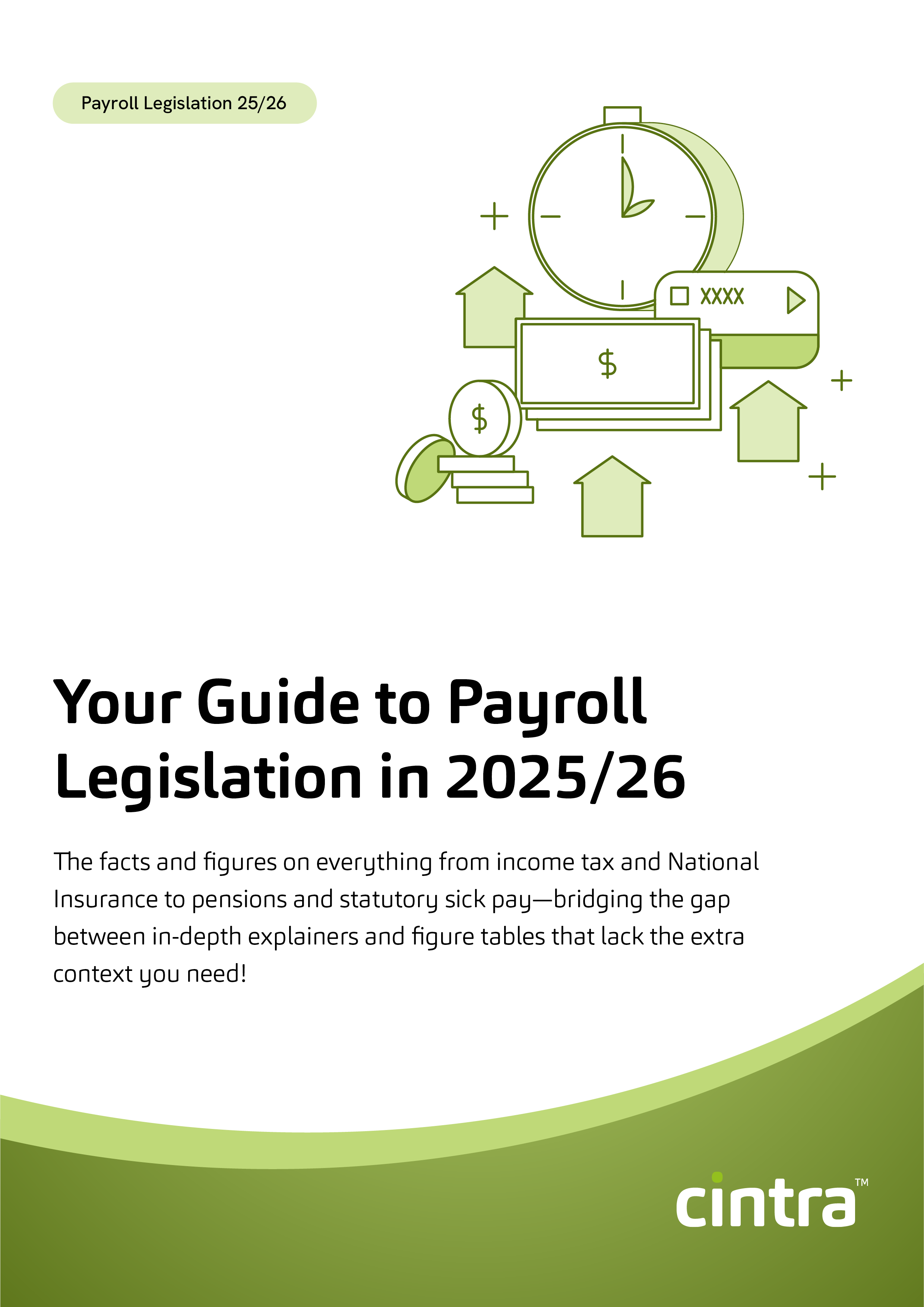As we begin to prepare for the festive season, now is a good time to review the typical Christmas benefits that many employers provide to their employees and the tax and national insurance implications.
There are links at the end to HMRC’s official guidance on gov.uk.
Christmas parties and taxation
HMRC’s guidance to employers includes Christmas dinners provided to staff under the title of social functions and annual functions which of course could include a Christmas party.
For the tax exemption to apply, the function should be open to staff generally (or generally to those at a particular location) and the cost per head of those attending, including any guests should not exceed £150 per head including VAT. This is covered in the ITEPA 2003 s.264(1).
The rules allow employers to hold more than one function in a year providing it is open to all staff generally and that the aggregate cost does not exceed £150 per attendee. However, the cost must include transport to and from the event if provided. Any accommodation must be included if the cost is met by the employer.
The £150 exemption is not an allowance. Therefore, if an employer held one single function that cost £200 per head, because the cost exceeds £150 exemption, the whole amount would become taxable. Further, if the employee was allowed to bring a guest, the employee would be taxed on the cost of his guest as well.
Due to the impact of the Covid-19 pandemic, many employers decided to hold their Christmas parties virtually last year and sent their employees food and drink that could be enjoyed at home during the virtual party. This would fall within £150 exemption providing all the conditions are met.
Exercise caution
As a cautionary note, employers need to be aware that a Christmas function held solely for directors and senior staff would not qualify under the ITEPA 2003 £150 exemption and would be fully taxable.
PSA
Where events exceed the exempt amount, employers can cover the tax liability by entering into a PAYE Settlement Agreement with HMRC. Further details can be found here on gov.uk.
Christmas Turkeys & gifts
If your company provides employees with a Christmas Turkey, hamper, or a bottle of wine for Christmas then providing all the following conditions apply the benefit is not taxable:
- The cost does not exceed £50 to provide
- It is not cash or a cash voucher
- It is not a reward in recognition of their work or performance
- It is not contractual
If the above conditions apply, then this can be treated as a trivial benefit and there is no tax or national insurance liability.
Directors
However, where trivial benefits are provided to directors of a close company (5 or less shareholders), then there is a limit on the value of the trivial benefits you provide of £300 per tax year.
Further guidance on trivial benefits can be found at: www.gov.uk/expenses-and-benefits-trivial-benefits
Vouchers
Section 5 of the CWG2 also mentions that vouchers such as Premium Bonds can be turned into cash by surrender. These are both taxable and NI’able and the value should be added to the payroll.
You must apply the same tax and NI treatment to cash prizes paid to employees for competitions in connection with your business that are not open to the public. The value of the cash prize should be added to the payroll for tax and NI purposes.
Gift vouchers
Some employers provide their employees with a gift voucher for Christmas. If it is a gift voucher that cannot be exchanged for cash, then it is taxable and NI’able at the point the voucher is given. This means you must include the value in the pay period that the voucher is given to the employee.
The amount that should be processed through the payroll is the cost to the employer of providing the voucher, including any card that might accompany it. Unless you are registered for payrolling, the tax due on the provision of the voucher can be collected by HMRC when you declare it on the employee’s P11D. There is also the option to deduct tax at the same time as you process the value on the payroll for national insurance purposes and when you complete the P11D indicate on the form that tax has been deducted in the relevant box.
For example, if an employer has purchased gift vouchers for their employees which are £30 face value, but it cost them £25 as they have bought them in bulk. This means that the employee would need to pay tax and NI of £25
PSA – vouchers
If an employer decides to include the cost of the gift vouchers on a PAYE Settlement Agreement (PSA), then he must ensure that the PSA is in place before he provides the vouchers. Otherwise, there is still Class 1 NICs due on the vouchers at the point that they are provided.
Payrolling BIKs
Now if you would like to give HMRC an early Christmas present, then they would be delighted to receive your registration for payrolling benefits in kind (BIK) for 2022/23. That is of course if you provide benefits in kind to your employees and that you have not yet registered. You only need to register your PAYE reference once.
HMRC confirmed that informal payrolling (not registered) is no longer acceptable from 6 April 2021 and employers using this process will be required to also submit P11Ds.
For further information on how to register online go to gov.uk
HMRC’s system allows you to deselect certain employees from payrolling if you wish. Employers will often remove directors’ benefits in kind from payrolling as they are usually more complex.
Employers can also select specific benefits to payroll, such as private health insurance benefit, which may apply to all employees.
The reason HMRC would prefer employers to register for payrolling BIKs prior to Christmas for the following tax year (2022/23), is because they review employees’ tax codes in January and payrolling BIKs will affect this process. Consequently, it is beneficial to register for payrolling early, as it is beneficial to all parties concerned.
Official Guidance
There is plenty of official guidance on gov.uk if there is a particular item that you need to check. Here are the links to the main guides.
CWG2
So let’s begin with HMRC’s official guide, the CWG2 2022 “the Employer’s Further Guide to PAYE and National Insurance contributions” which can be viewed on the Gov.uk website. The index at the back of the guide is often the fastest way to find items.
Booklet 480
Booklet 480 is the main HMRC guide for benefits and expenses. Although the guide is divided into sections according to the subject, there is no index to enable a more detailed search.
There is also an A to Z guide on benefits and expenses which can be found here.


